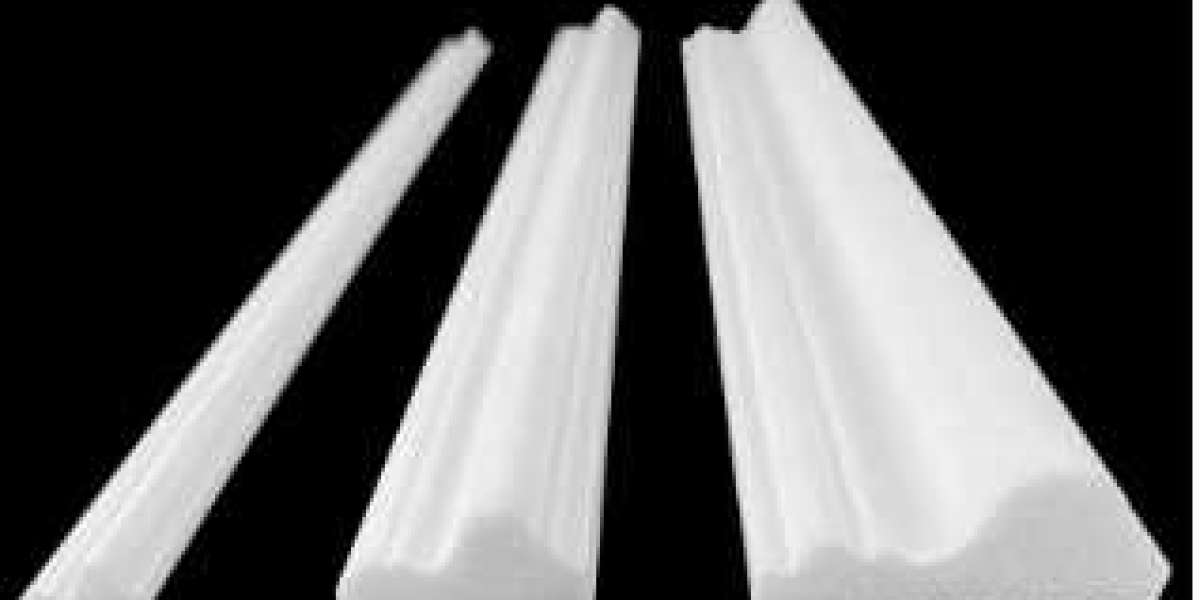When it comes to precision manufacturing, CNC machining plays a crucial role in ensuring accuracy and efficiency. CNC, which stands for Computer Numerical Control, is a technology that utilizes computer programs to control the movement of machining tools. This innovative approach has revolutionized the manufacturing industry, offering numerous benefits and opportunities for businesses worldwide.
The Evolution of CNC Machining
Over the years, CNC machining has evolved significantly, transforming the way products are manufactured. In the past, manual machining processes required skilled operators to control the tools, resulting in potential human errors and limitations in production speed. However, with the introduction of CNC machining, these limitations have been overcome.
CNC machines are equipped with advanced software and hardware that allow for precise control and automation. The use of CAD (Computer-Aided Design) software enables engineers to create detailed 3D models of the desired product, which can then be converted into machine-readable code. This code is then used to control the movement of the machining tools, ensuring accurate and consistent results.
Enhancing Precision and Accuracy
One of the key advantages of CNC machining in precision manufacturing is its ability to achieve high levels of precision and accuracy. The computer-controlled nature of CNC machines eliminates the potential for human error, resulting in consistent and reliable production. This is particularly important in industries such as aerospace, automotive, and medical, where precision is paramount.
Furthermore, CNC machines can perform complex operations with ease, such as intricate cuts, drilling, and threading. The ability to execute these tasks with precision ensures that the final product meets the required specifications and tolerances. This level of accuracy is difficult to achieve with manual machining processes, making CNC machining an invaluable tool in precision manufacturing.
Increasing Efficiency and Productivity
Another significant advantage of CNC machining is its ability to increase efficiency and productivity in the manufacturing process. CNC machines can operate continuously, 24/7, with minimal supervision, allowing for uninterrupted production. This eliminates the need for manual intervention and reduces the risk of errors or delays.
Additionally, CNC machines can perform multiple operations in a single setup, reducing the time and effort required for production. For example, a CNC lathe can perform turning, facing, and threading operations in one setup, eliminating the need for manual tool changes. This not only saves time but also improves overall productivity.
Flexibility and Versatility
CNC machining offers a high degree of flexibility and versatility, allowing manufacturers to produce a wide range of products with ease. The ability to program CNC machines to perform different operations enables businesses to adapt quickly to changing market demands.
Moreover, CNC machines can work with various materials, including metals, plastics, and composites. This versatility allows manufacturers to explore new possibilities and expand their product offerings. Whether it's creating intricate metal components or producing complex plastic parts, CNC machining provides the necessary tools and capabilities.
In conclusion, CNC machining plays a vital role in precision manufacturing, offering enhanced precision, increased efficiency, and flexibility. The evolution of CNC technology has revolutionized the manufacturing industry, providing businesses with the tools they need to thrive in a competitive global market. By embracing CNC machining, manufacturers can achieve higher levels of accuracy, productivity, and innovation, ultimately driving their success in the field of precision manufacturing.








